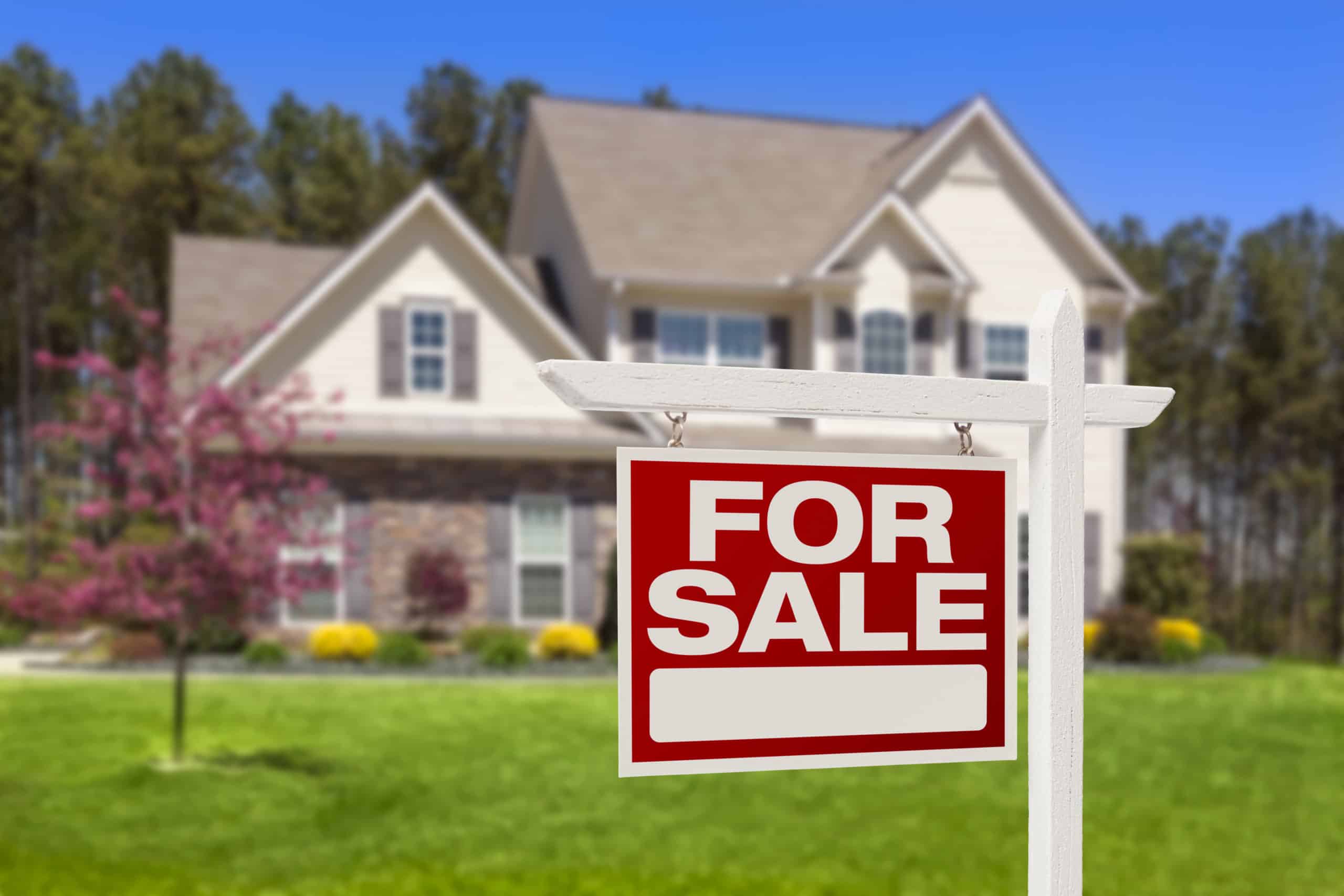Wealthtender is a trusted, independent financial directory and educational resource governed by our strict Editorial Policy, Integrity Standards, and Terms of Use. While we receive compensation from featured professionals (a natural conflict of interest), we always operate with integrity and transparency to earn your trust. Wealthtender is not a client of these providers. ➡️ Find a Local Advisor | 🎯 Find a Specialist Advisor

Homeownership is still a big part of the American dream, although smart buyers consider the pros and cons carefully first.
Important Considerations of Homeownership
If you’re sure buying a home is for you, here are a few of the most important things to consider.
Location is still the one thing you can’t change
Unless you’re buying a tiny home on wheels, you can’t change your location. It’s arguably the most important consideration, given that a lot of cosmetic, and even structural, aspects of a property can potentially be changed. A desirable location is therefore a top priority. But be aware that what constitutes a desirable location isn’t set in stone. It can be a good idea to keep an eye on which neighborhoods are ‘up-and-coming’ and which are becoming less desirable. Properties are more affordable (and most likely to gain value quickly) if they’re located somewhere that isn’t traditionally the best part of town, but are located in areas that are slowly being revived.
Know what you need, what you want, and what you’re capable of changing
Put some thought into exactly what you need and what you really want. Make a list. Add your nice-to-haves as well. Then use that list when assessing potential properties. When considering needs and wants, be very aware of what you can change as well. It’s truly shocking when people are put off by a wall color or a yard layout. If this is your home for the long-term you have plenty of time to change that.
It’s also good to know what you’re capable of changing yourself, and what you’d have to pay someone else to change. Then you can factor everything into your budget. Often, you’ll find a home that is almost right for you, but could do with a few changes you can’t afford to make right now. Then it’s a simple case of deciding if you can live with things as they are until you have room in your budget for your changes.
Understand the costs
The purchase price is just one aspect of the costs involved. It’s important that you really know what you can afford, long-term. Remember to factor in closing costs, mortgage interest, property tax, home insurance, mortgage insurance if you need it, maintenance, and repairs. And of course all those changes you’d like to make.
Understand the commitment
Buying with a partner? A large joint purchase like this is a commitment you’re making to each other. Technically a bigger commitment than marriage, in that a divorce where there’s no property involved can be more straightforward than a break-up when there are shared property and a mortgage to deal with.
That doesn’t mean you shouldn’t buy a home together. Just be aware of the commitment you’re making. You may want to draw up a legal document, using a good lawyer, to ensure that you both understand your rights and responsibilities. It’s about as romantic as a prenup, but it will protect you both if things don’t go the way you hoped.
Think long-term
It’s fine to buy a ‘starter home’ to get on the property ladder, but every house move involves significant costs, so if you can afford it, it may be worth buying for the life you want, not the life you have. Remember to think practically though. Want to start a family in five years? Can you buy a house with a couple of extra bedrooms and rent them out in the meantime? There are lots of ways of making money from your property if you’re not using all of it right now, from renting a bedroom to renting your garage or even your driveway. If you’re thinking about a future family you’ll also want to check local schools, parks, and other opportunities for the kids you don’t yet have.
If this really is a starter home, you still need to plan ahead. What will the resale value be? If you’re getting a bargain, why is that? If it’s because the house needs work, and you’re willing to do it, you’ll cash in long-term. If it’s because the house is in an undesirable area, it may be difficult to sell at all.
These are just a few of the things you need to consider when buying your first home. But they’re some of the most important ones. Make sure you get clear on them, preferably before you even start looking.

Karen Banes
I’m a freelance writer specializing in online business, personal finance, travel and lifestyle. I also work as a content creator for hire, helping brands and businesses tell their stories, grow their audiences, and reach their ideal customers. I’ve lived, worked and studied in six countries, across three continents. Stop by my blog TheSavvySolopreneur.net to learn how to run your own (very) small business on your own terms. You can also connect with me at my website KarenBanes.com or follow me on Medium.com.
Wealthtender is a trusted, independent financial directory and educational resource governed by our strict Editorial Policy, Integrity Standards, and Terms of Use. While we receive compensation from featured professionals (a natural conflict of interest), we always operate with integrity and transparency to earn your trust. Wealthtender is not a client of these providers. ➡️ Find a Local Advisor | 🎯 Find a Specialist Advisor

